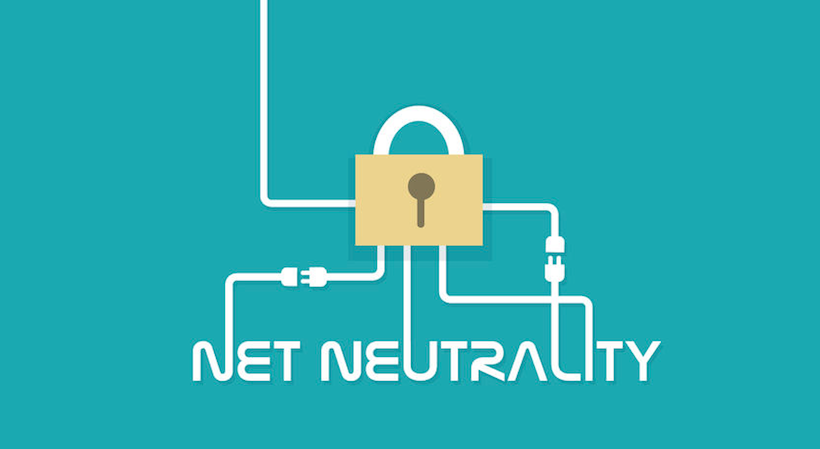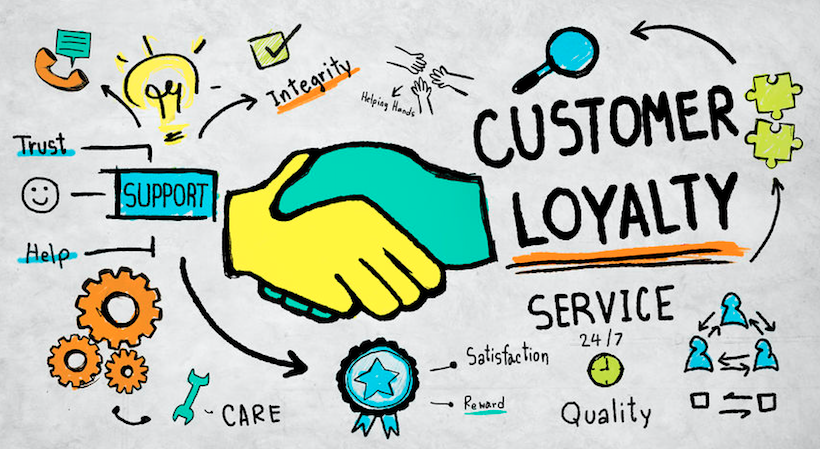What is net neutrality?
Net neutrality is one of those complex corners of regulation with lots of tiny details, and those details end up affecting ordinary people. Under current regulation, when you buy internet service, you can hook up to any site you want at the agreed-upon speed. You pay for bandwidth, not access to any particular site, and the internet service provider has to accept your request. If you want to use all your bandwidth binging on Netflix or having a day-long Skype connection to your cousin in England, you can do that. The only reason your system would slow down is if you were using all your bandwidth, not because of the sites you are on.
The problem is that companies that provide internet access may also provide entertainment and voice communications services. They probably aren’t thrilled that, say, people are dropping their landlines and their cable TV service to do everything over the internet, especially when so much customer bandwidth is being allocated to competitors. Some internet service providers intentionally slowed connections to certain torrent, streaming and VoIP (Voice Over Internet Protocol) sites, regardless of how much bandwidth the customer paid for.
The history of net neutrality
The term “net neutrality” was coined in 2003, the same year that the Federal Communications Commission first addressed the issue. The challenges have been continuous and stem from regulatory confusion. People get their internet access through different types of services. Coaxial cable for television service is regulated differently than copper wire for telephone service, which is handled differently from signals over the airwaves. When people are using the three platforms for the same service (internet access) should the rules be the same?
By 2015, the FCC ruled that under Title II of the Communications Act of 1934, all providers of internet service would be regulated as telecommunications companies. Furthermore, since internet service is a public utility, access must be provided on an equal basis, and rates will not be controlled. That is the core idea of net neutrality, but not everyone likes it.
Some of the objections are technical and stem from whether and how the FCC has rulemaking authority over different ISPs. Others are philosophical and stem from a belief that the free market is the best way to allocate bandwidth. Finally, as technology changes, it’s possible that the entire concept is obsolete.
The future of net neutrality
The vast majority of internet users won’t notice a change for one simple reason: the FCC’s decision is going to be appealed. This discussion will be dragged out a few more years, and by then, technology changes really could change the rules.
What happens if the FCC’s ruling stands? ISPs probably won’t raise their rates directly. Instead, they will charge high-traffic web site operators (think, Netflix and Hulu) fees to ensure that their traffic is treated on an equal or preferential basis. Those companies would then raise their rates to consumers. In theory, the ISPs could block access to certain sites or charge users more money for full access, but it is unlikely that they would do that, as internet service is competitive. In other words, customers will pay more for the services used, but not to the ISP.
The average startup or small business is unlikely to see any change simply because they are small. Those businesses that upload or download large amounts of data may find themselves paying more to ensure that their traffic is treated as it is now: equally.
The higher prices for internet service probably won’t come from ISPs, but instead in the form of higher listing fees on sale sites, subscription fees for software and other small increases that could add up over time. If your budget has these charges remaining flat or declining over time, you may want to rethink your assumptions.






